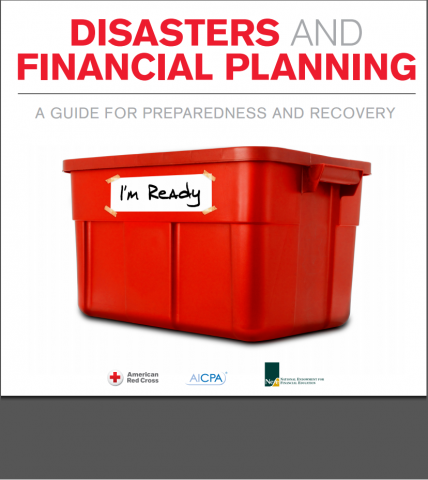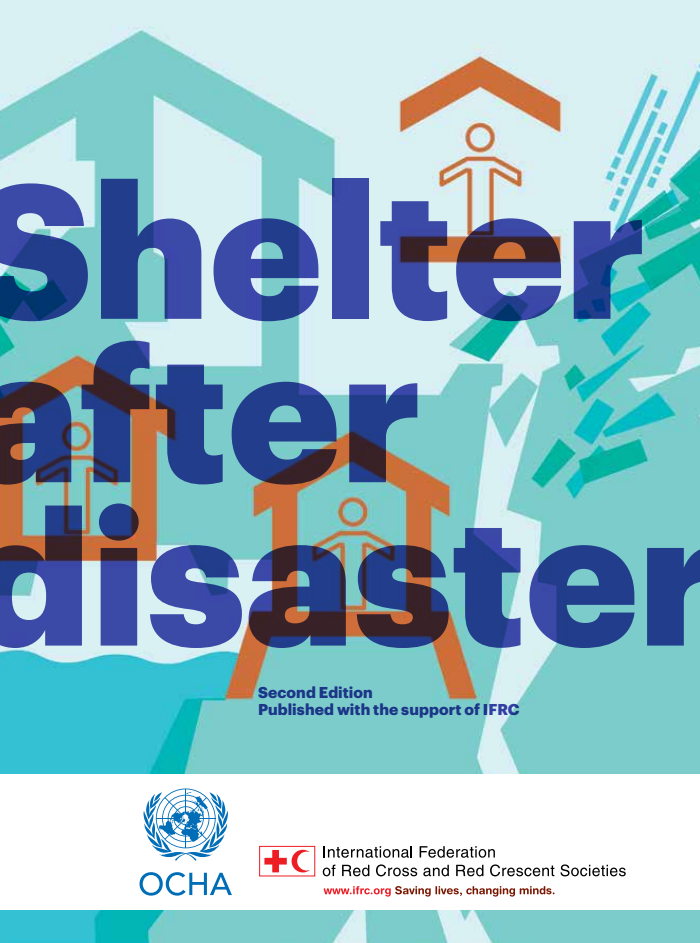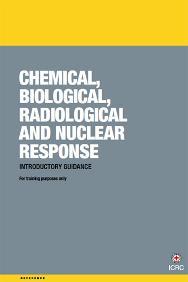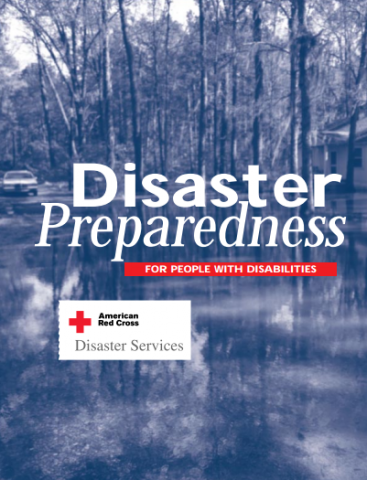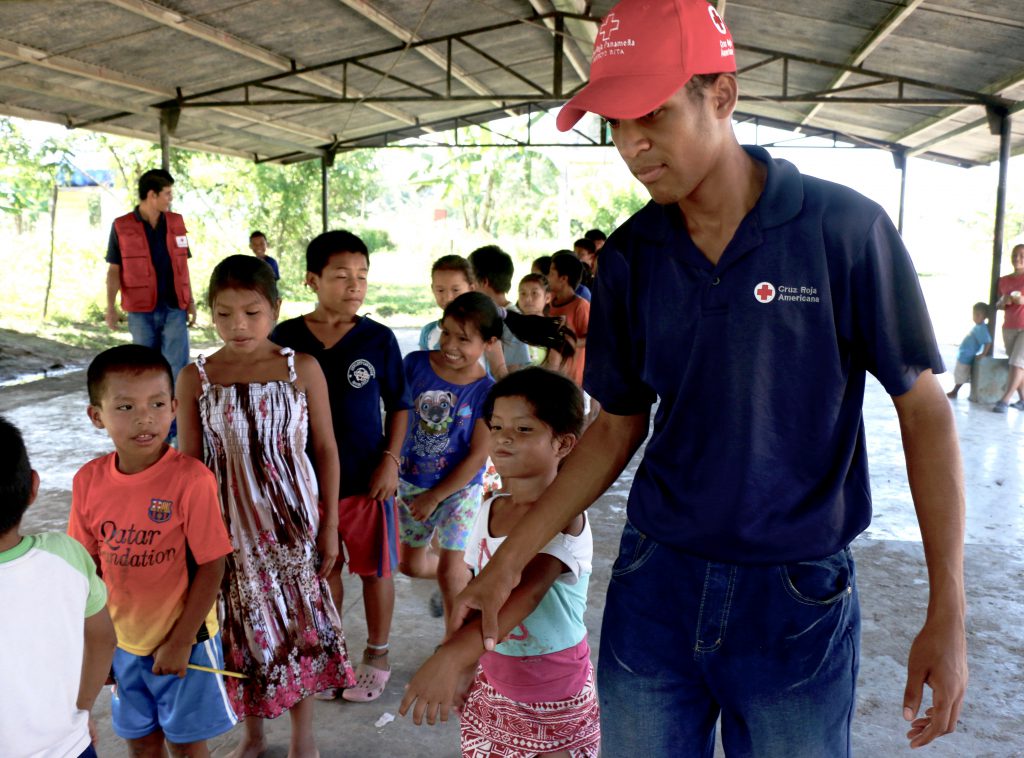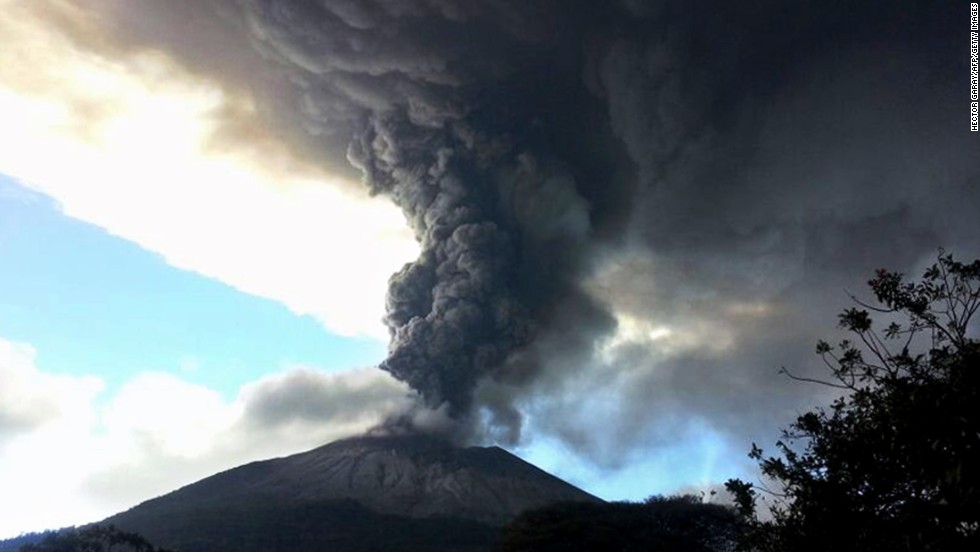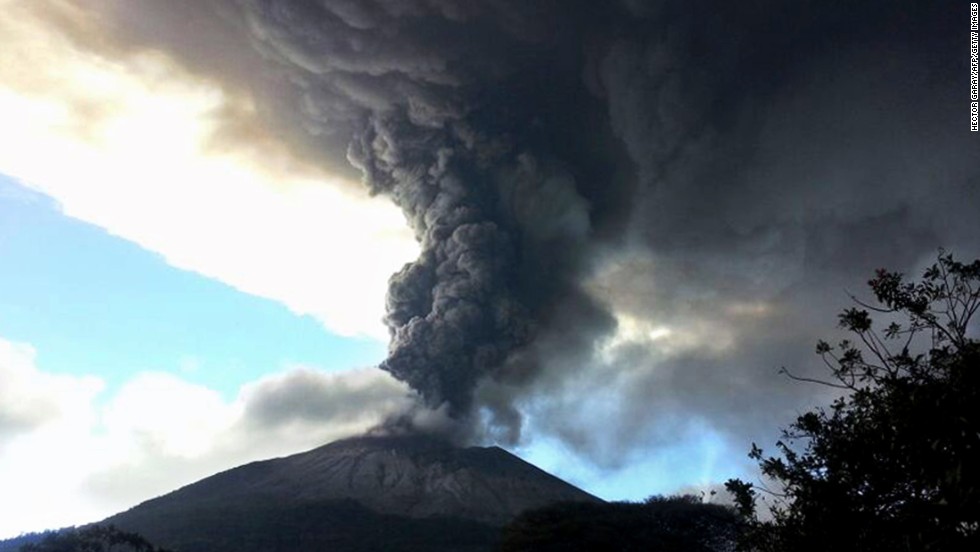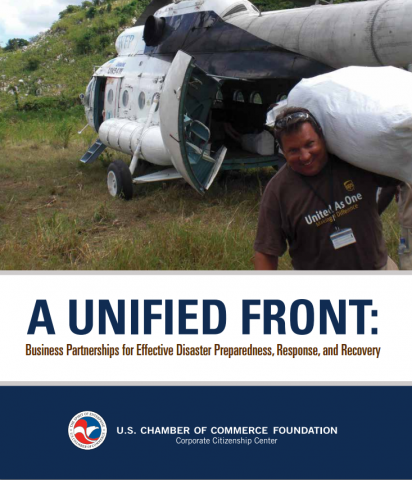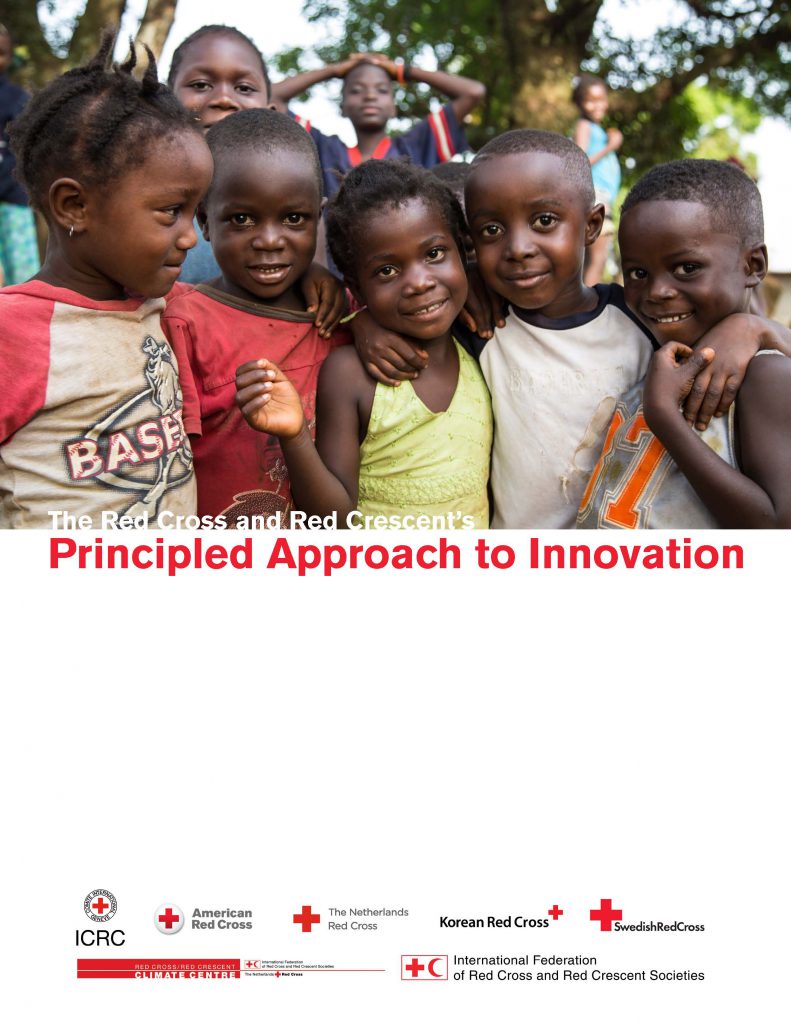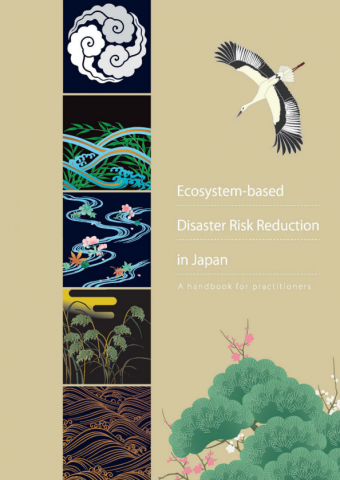Disaster and Financial Planning
Disaster preparedness begins with a well-crafted personal financial plan based on your family’s values and goals. Ideally, you should develop a financial strategy with the help of professionals such as your family attorney and a financial specialist. These professionals can help you make informed, thoughtful decisions about your family’s present and future financial activities. Every […]
Disaster and Financial Planning Read More »

